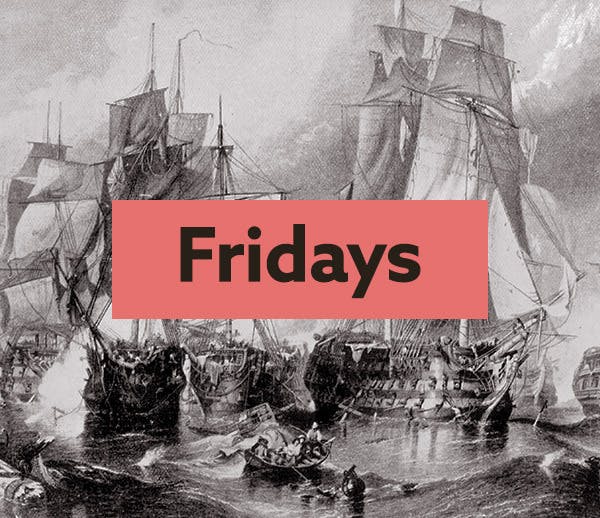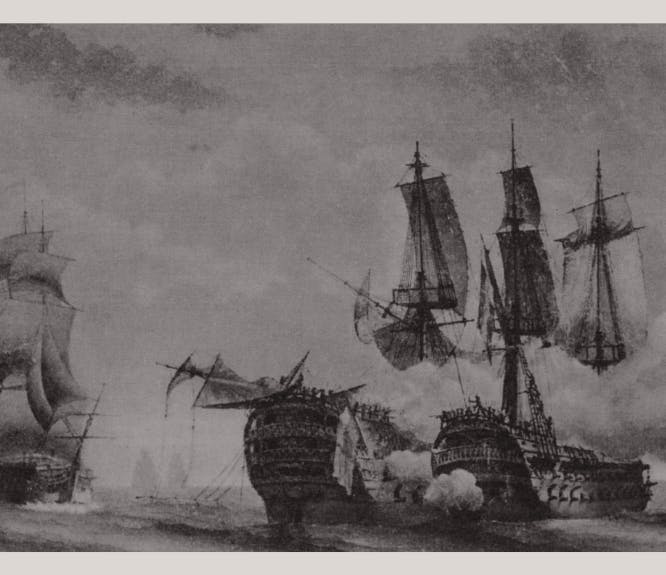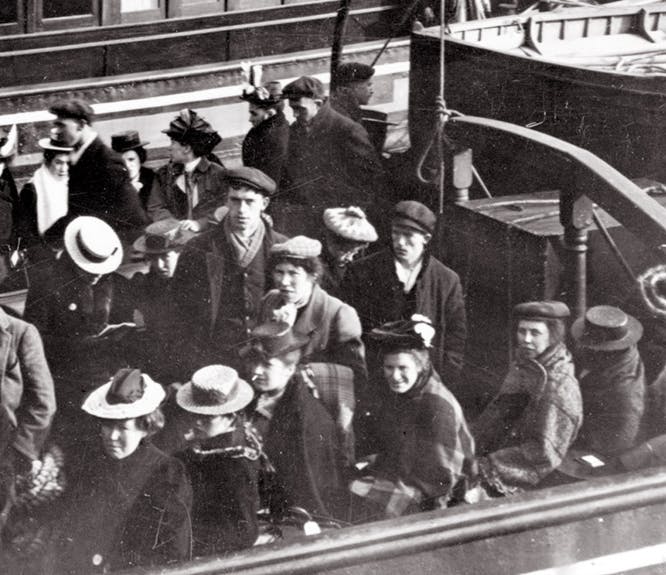Delve into the dark legacy of British slavery and the daily life of Nottingham's churches this week
3-4 minute read
By Jessie Ohara | March 3, 2023
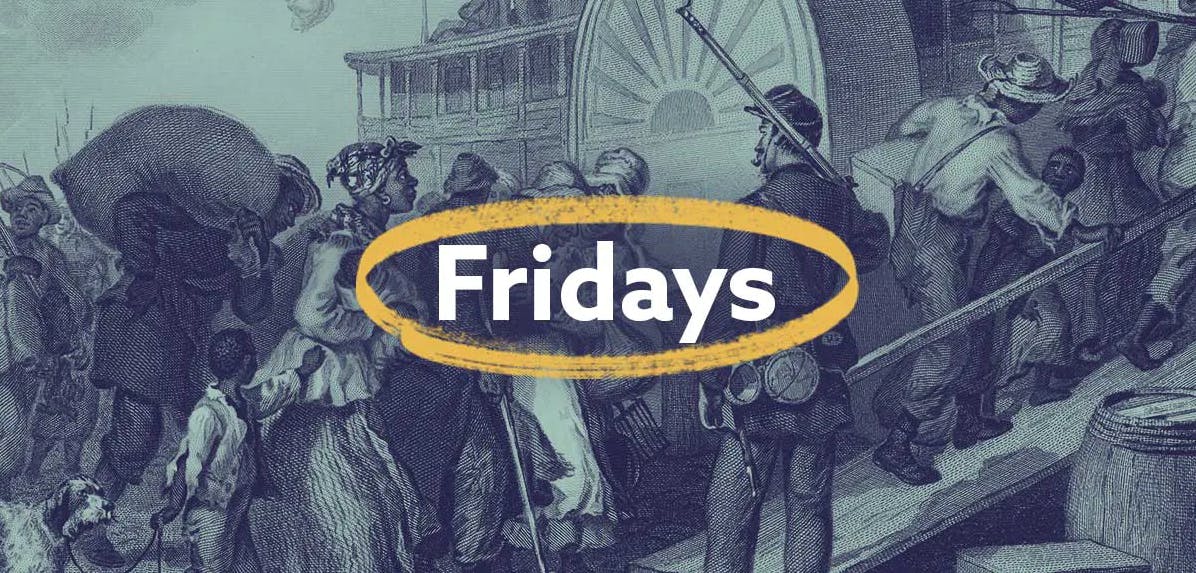
Enrich your family tree by learning more about your ancestors and the time in which they lived, with this week's two immense additions to our record collection.
We've added two entirely new collections this week, substantiating two very different sides to British history. Read on for a full rundown of everything that's new.
Legacies of British Slavery 1883
In 1833, the British parliament abolished slavery across the colonies. In doing this, they paid out £20 million to the British enslavers. Ending this practice was, of course, the right thing to do, but it made a significant impact on industry and so the government put into place a program to reimburse businesses and investors for their financial losses.
This poignant collection documents the beneficiaries of that payment across 61,798 records. It should be noted that this collection contains the details of colonial enslavers, and there is rarely any information on the enslaved person.
Each transcript will offer a fairly rich landscape of the enslaver's life, including names of spouses, names of children, their occupation, any addresses or names of other relations, as well as the standard biographical information.
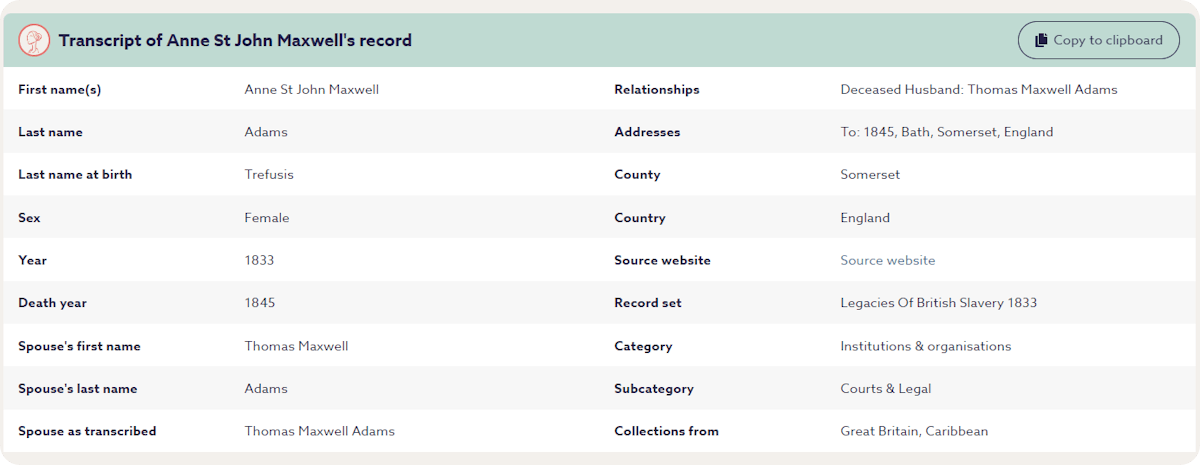
An example transcript from the Legacies of British Slavery collection. View this transcript here.
There is also a link to the UCL source website, which will offer a short biography of the beneficiary, as well as the details for the claim to compensation made and information on their estate including the location, the output of goods and the number of enslaved people.
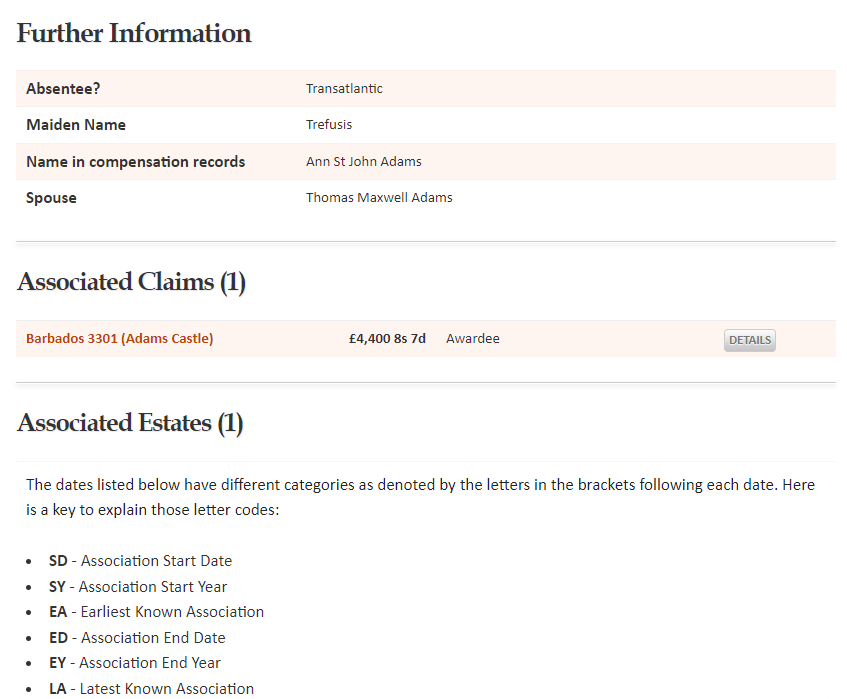
The additional information, as found on the UCL website.
It is also important to note that simply because slavery was abolished in 1833 does not mean this was the end to the regime; while enslavers were compensated for their perceived 'loss', previously enslaved people were forced into the apprenticeship system, which similarly fixed them an unfree labor regime. This wasn't terminated until half a decade later.
The Legacies of British Slavery project at UCL was designed to shed light on the ways that the slavery system has shaped British history. It is through them that we have this information available today. This collection is entirely free to view.
England Roman Catholic Parish Baptisms, Marriages, Burials, and Congregational Records
Unique to Findmypast, we've added over 295,000 records collectively across the following four sets:
- England Roman Catholic Parish Baptisms
- England Roman Catholic Parish Marriages
- England Roman Catholic Parish Burials
- England Roman Catholic Parish Congregational Records
These additions are from the Nottingham Diocesan Archives who cover Nottinghamshire, Derbyshire, Rutland, Leicestershire and Lincolnshire. The earliest record in these new additions is a 1641 baptism record, but they roll until 1913 and the majority are from the 18th and 19th centuries. All of them have images.
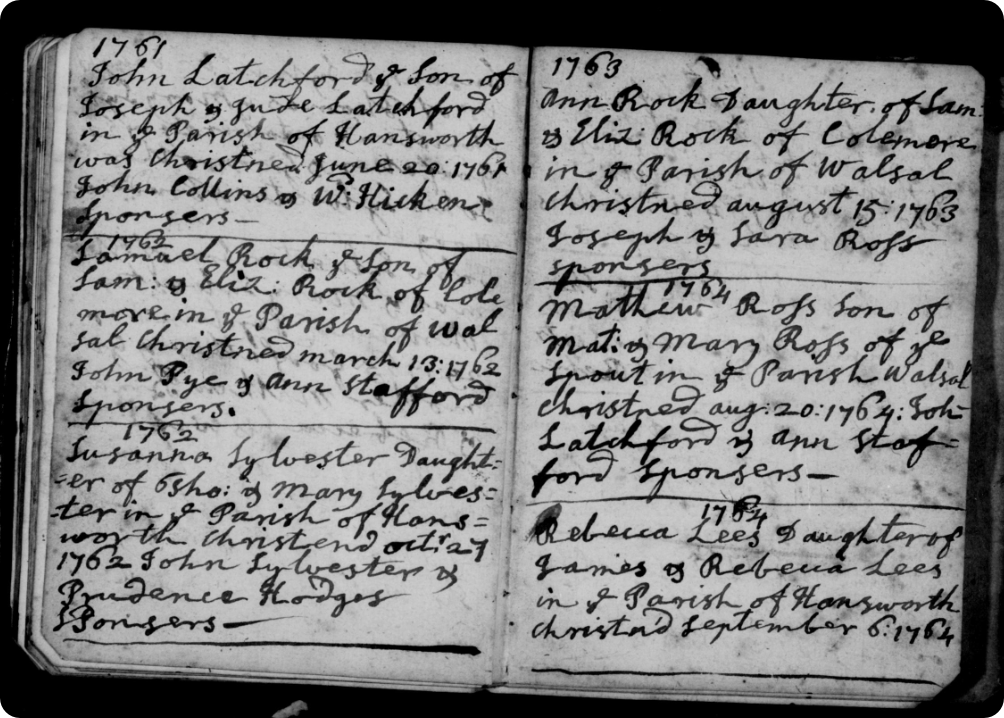
A 1761 Lincolnshire Roman Catholic baptism record. View this page here.
Not only could you trace your ancestor's life story from baptism to burial, but the congregational records mean you could uncover their relationship with the church. This may include when they had their confirmation or if they were a benefactor of a parish.
News across the board
After a quiet week last week, the newspaper archive is back in full force, with over 200,000 new pages across 55 updated titles. The full list is below.
Updated titles:
- Accrington Observer and Times, 1912
- Airdrie & Coatbridge Advertiser, 1988
- Ashbourne News Telegraph, 1990
- Birmingham Daily Post, 1997, 1999
- Birmingham Mail, 1968, 1980, 1982
- Birmingham Weekly Mercury, 1994
- Birmingham Weekly Post, 1889
- Bristol Evening Post, 1969
- Buckinghamshire Advertiser, 1988
- Chelsea News and General Advertiser, 1991
- Crewe Chronicle, 1982
- Derby Daily Telegraph, 1984
- Dover Express, 1991
- Evening Despatch. 1938
- Folkestone Express, Sandgate, Shorncliffe & Hythe Advertiser, 1902
- Gateshead Post, 1972
- Gloucestershire Echo, 1992
- Grimsby Daily Telegraph, 1999
- Hinckley Times, 1998
- Huddersfield and Holmfirth Examiner, 1878-1879, 1881
- Huddersfield Daily Examiner, 1996
- Hull Daily Mail, 1977
- Leek Post & Times, 1991
- Leicester Daily Mercury, 1994
- Leicester Journal, 1781
- Lincolnshire Echo, 1977, 1980, 1993-1995
- Liverpool Daily Post (Welsh Edition), 1981-1982
- Macclesfield Express, 1987
- Marylebone Mercury, 1996
- Nantwich Chronicle, 1982, 1999
- Newcastle Evening Chronicle, 1934, 1938
- Northampton Herald & Post, 1993
- Nottingham Evening Post, 1999
- Paisley Daily Express, 1999
- Retford, Gainsborough & Worksop Times, 1982
- Rutherglen Reformer, 1988
- Saffron Walden Weekly News, 1920, 1948, 1969, 1971, 1974
- Sandwell Evening Mail, 1978
- South Wales Echo, 1993
- Southall Gazette, 1982
- Sports Argus, 1980
- St. Neots Weekly News, 1988
- Staffordshire Sentinel, 1888, 1894, 1899, 1974
- Staines Informer, 1993
- Sunday Sun (Newcastle), 1974
- Surrey Advertiser, 1963
- Tamworth Herald, 1999
- Thanet Times, 1993
- The People, 1983, 1988, 1991, 1993-1995, 1997-1999
- Tiverton Gazette (Mid-Devon Gazette), 1858
- Torbay Express and South Devon Echo, 1976, 1981
- Walton & Weybridge Leader, 1995
- West Briton and Cornwall Advertiser, 1918, 1922
- Winsford Chronicle, 1994
- Daily Record, 1996, 1998
In other news (see what we did there?) have you downloaded the Findmypast free app? Available on iOS and Android, it really is the perfect family history companion to take with you wherever you go. Learn more about the app on our blog.

